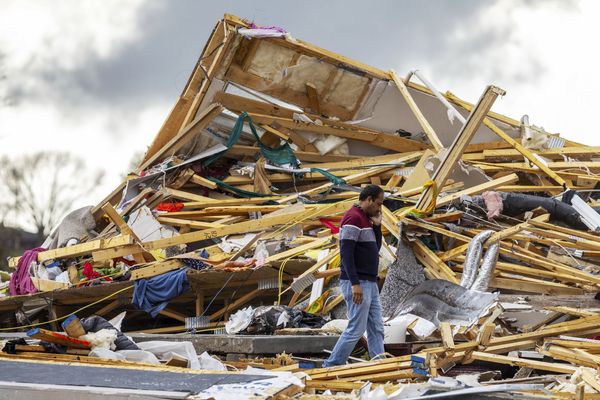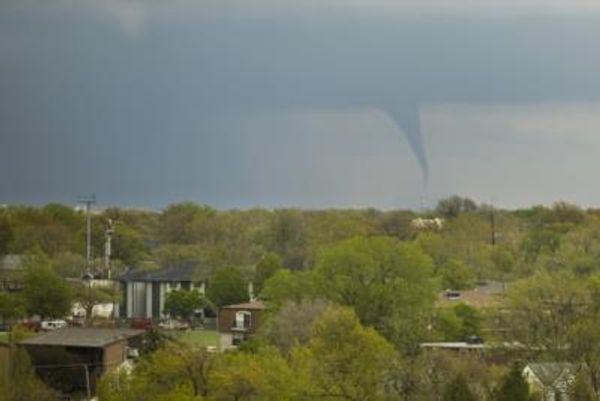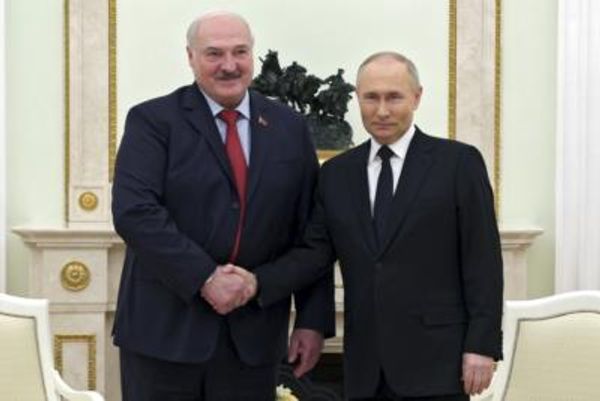
Victoria has recorded more cases of the flu so far this year than the whole of 2020 and 2021 combined, with experts calling for the voluntary wearing of masks in settings where there is a high chance of spreading influenza and Covid.
At a time Covid-19 infections remain stubbornly high, the latest data from the Victorian health department shows there have been 5,023 reported cases of the flu in the state since the start of 2022. This is compared to 110 in 2021 and 4,792 in 2020, when international borders were closed and Covid restrictions were in place.
Flu cases, however, remain lower than they were at the beginning of the severe 2019 flu season.
The president of the Victorian branch of the Australian Medical Association, Dr Roderick McRae, said the state’s coming flu season would probably be worse than the previous two years, given restrictions had eased and there had been a lack of exposure to the virus.
“It’s everywhere and it’s being spread by going to birthday parties, by going to the footy, by going to a show, and we’re being encouraged to do exactly that,” he said.
Covid-19 infections also remain steady, with new daily cases in Victoria rising above 10,000 for eight consecutive days. On Tuesday, the state recorded 13,654 new infections and 20 deaths, while there are more than 500 people in hospital with the virus.
McRae said a further surge in Covid cases, combined with a bad flu season, could put incredible pressure on the state’s hospitals, which are already suffering with overcrowding and ambulance ramping at emergency departments.
“The public hospital system is in crisis right now,” he said.
“Staff don’t like it, they’re putting in unpaid overtime, they’re unhappy and they’re sad that they can’t do the job to the best of their ability. Yet we continuing to add more pressure to the front end of the system by more people contracting Covid-19 or influenza.”
The AMA in Victoria is recommending a return to mask use in settings where there is a high risk of transmission, such as large sporting events, movie theatres, concert halls, restaurants and public transport.
“It’s just about being sensible,” McRae said. “AMA Victoria is not calling for a mandate, that’s the government’s call, but the entire community should be thinking about whether it wants to completely block the public hospital system and its ability to support everybody.”
In Victoria, masks are currently required on public transport, in taxis and rideshares, at airports and in health, aged care and justice setttings. The government strongly recommends people wear them when in places where they cannot physically distance, are in contact with vulnerable people or if they have Covid-19 symptoms.
Prof Adrian Esterman, an epidemiologist and biostatistician at the University of South Australia, welcomed AMA Victoria’s intervention, having been a critic of the decision to remove mask mandates in mid-April.
“[Covid-19] is still circulating in huge numbers and it’s making people sick – some with long-term health conditions – and it’s killing people,” Esterman said.
“What the government is saying is the number of deaths and number of people with long Covid-19 doesn’t really matter, because we’ve got to learn to live with it. You tell that to the bereaved families. You tell that to the people who now have to lose their job because they can’t work any more.”
Esterman said masks were one of the few public health interventions that could reduce Covid-19 transmission without affecting the economy.
On Tuesday the premier, Daniel Andrews, said the health minister had no advice to change the state’s restrictions.
He urged Victorians to get vaccinated against both Covid-19 and the flu.
“Let’s try to take some of the pressure off our nurses by having less of those Covid and flu cases,” Andrews said.
Meanwhile, students in Victorian schools will no longer have to do twice-weekly rapid antigen tests from Monday 23 May.
Schools began notifying parents of the change this week, with only students who are household contacts of positive cases and those who have symptoms required to continue testing.
Free rapid antigen tests will continue to be available at schools.







